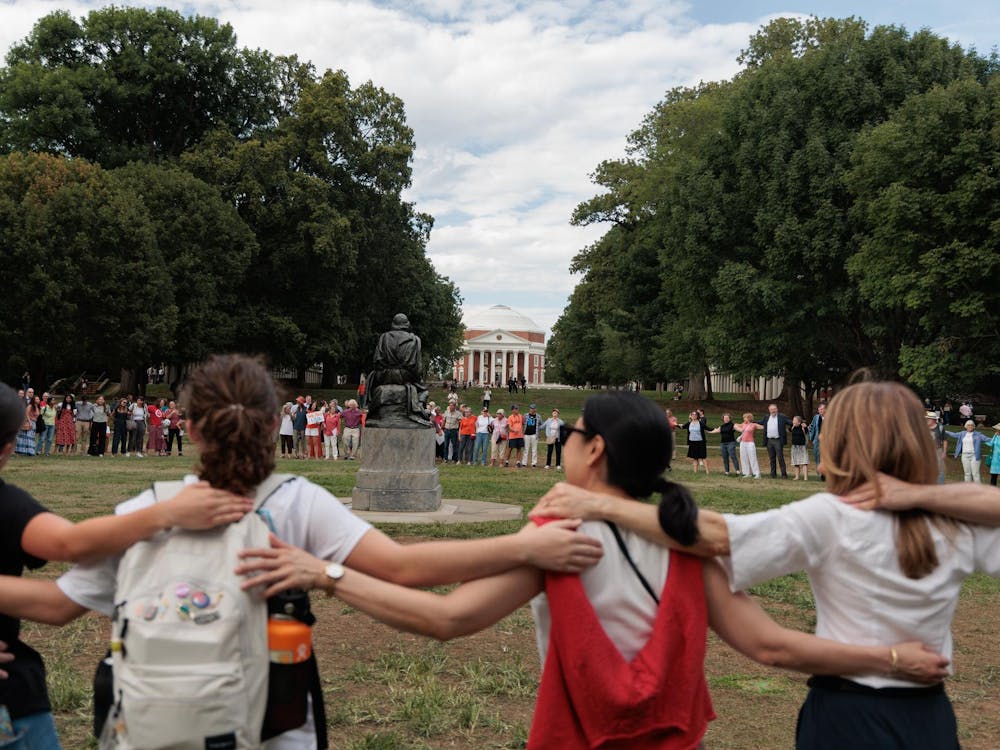The University's Center for Research in Contraceptive and Reproductive Health recently made strides toward a better diagnostic of immune infertility, a condition which prevents many people from conceiving.
Immune infertility occurs when the sperm is exposed to the immune system of either the male or female, according to Jagathpala Shetty, a researcher in the University's department of cell biology.
"The immune system considers the sperm as foreign cells," Shetty said. "This can hamper its [sperm] functions at different levels, leading to infertility."
John Herr, a fellow researcher and director of the Center, described how exactly this condition leads to infertiity.
"In both men and women, some of the unique proteins that are present in sperm cause antisperm antibodies to be generated in the reproductive tracts of men and women," he said. "These antisperm antibodies coat the sperm surface and impede sperm progress in the female reproductive tract, which can immobilize sperm and prevent sperm-egg binding."
The discovery identified several potential antigens responsible for immune infertility, according to Shetty.
"Once we characterize these antigens on the sperm surface which are responsible for causing immune infertility, it is possible that they can provide a tool for diagnosing the patient," he said.
-- compiled by Ayn Wisler






